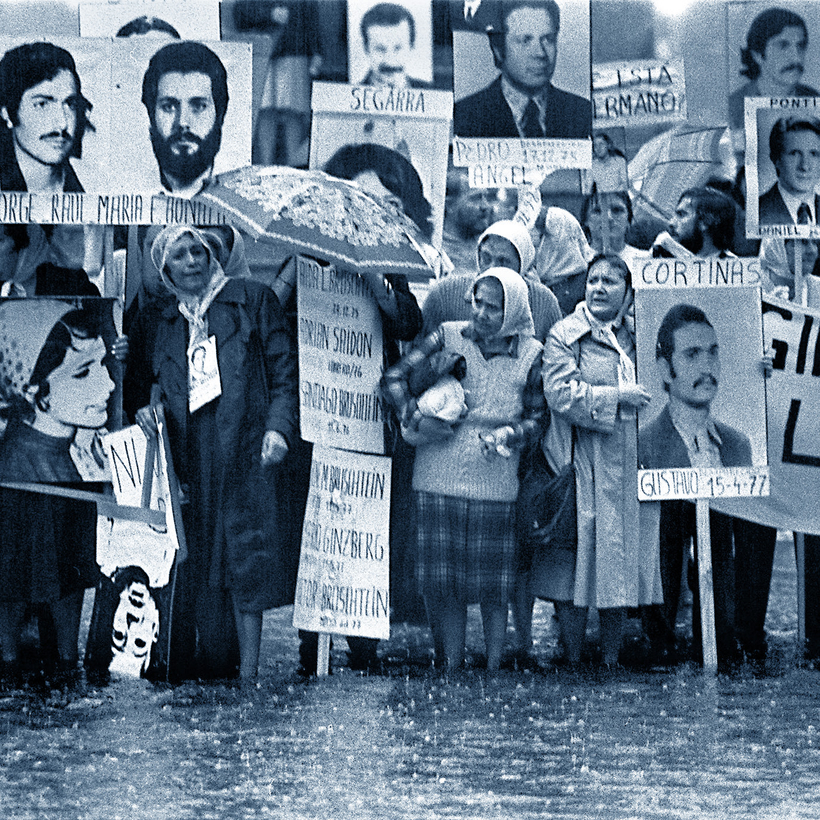The women, tidily dressed with cropped, graying hair, approached the armed officers conducting baggage checks in Argentina’s international airport. It was the late 1970s, and Argentina was engulfed in a brutal military dictatorship intent on “disappearing” anyone it deemed subversive. Thousands of Argentineans had been abducted and quietly killed.
Within their suitcases the women carried sensitive information—information that could surely get them detained, or worse. “We were terribly afraid. Because if they found that stuff … well, I don’t know what would have happened,” one of the women would later say.

